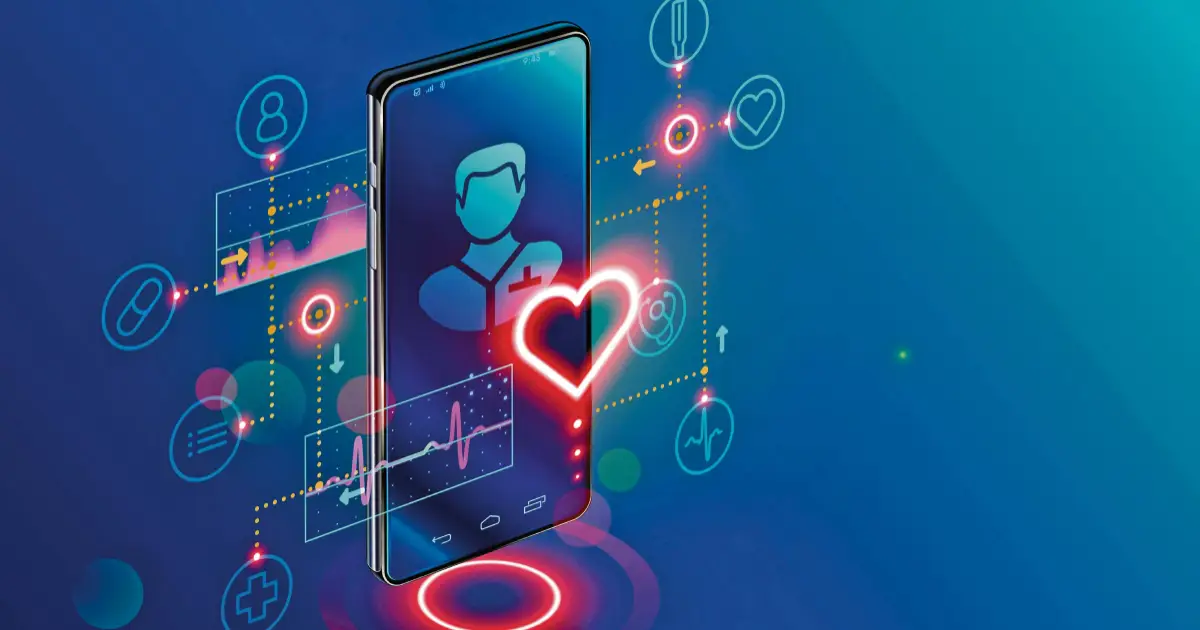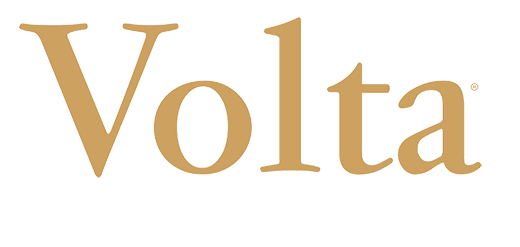Global Innovation in Personalized Employee Care

AI Applications on Mobile for Mental Health and Well-being
The relationship between humans and technology is bidirectional. Not only do we change as technologies evolve, but technologies also change as we and our needs evolve. The goal now is not merely to survive in the digital world by utilizing digital tools for our basic needs, such as remote work, but to leverage technology in a way that enhances the mental health and holistic well-being of everyone, individually and collectively.
This is extremely feasible and necessary today, as one in five workers suffers and becomes dysfunctional, primarily due to anxiety, depression, or burnout. These conditions cost the global economy $2 trillion annually in lost productivity.
This real human need is addressed by the creation of innovative artificial intelligence applications for smart mobile phones that enhance the mental health and holistic well-being of employees. These apps offer personalized, holistic, and clinically validated well-being solutions that are accessible anytime and from anywhere.
How do they work?
Essentially, these applications collect data on lifestyle habits and characteristics closely linked to the user’s mental state, such as sleep quality and quantity, stress levels, and daily mood fluctuations. This is done through simple questions on the phone or, at a more advanced level, through analysis of speech characteristics like rhythm, tone, and volume. It is important to note that conclusions are drawn from the way speech is delivered, not its content.
By analyzing this data in real-time, our innovative applications can not only timely detect symptoms of mental distress and burnout, such as stress and burnout but also provide targeted recommendations and effective interventions tailored to the unique needs and characteristics of each user. These cover every aspect of life: physical, mental, professional, and social. This embodies the principle of personalized and timely intervention, which is the modern international trend and recommendation of international organizations.
While traditional interventions only address employees experiencing a crisis, these innovative applications are for everyone. They also have a preventive, holistic, and psychoeducational nature and promote self-care, work-life balance, and the adoption of a healthier and higher-quality lifestyle. Imagine our innovative applications as a Google map that detects in real-time the level of our psychosomatic well-being and provides personalized guidance for better sleep, proper integration of physical activity, and dietary changes, or for techniques to reduce stress and manage a wide range of dysfunctional thoughts, emotions, and behaviors.
Our innovative applications were initially adopted by two industry giants (Volvo and BMW) for their employees. Today, about 2.5 million employees in various sectors use them. They are available in many languages and will be available in Greece by the end of the year.
Their main advantage is that they cater to the mental health and holistic well-being of all employees, not just those in crisis—a condition that significantly reduces productivity and requires access to a healthcare professional. Essentially, they intervene at the right time, with the right level of support and the right tools, addressing the individual’s needs and the phase they are in, helping all employees not only avoid crises but also develop and thrive.
Scientific studies show that their use positively impacts factors important in the workplace and personal life, such as reducing absenteeism and stress and improving quality of life, concentration, work engagement, and productivity. It also demonstrates the company’s social responsibility and enhances its ESG (Environment, Social, Governance) ratings, particularly in the Social pillar, which concerns the impact of business operations on society. Aligning businesses with the three ESG pillars is essential. Those who do not comply will fall behind, missing the “train” of competition and possibly their future survival.

What's Your Reaction?
Professor of Psychiatry and Psychotherapy at the University of Milan & Member of the European Mental Health Council Καθηγητής Ψυχιατρικής και Ψυχοθεραπείας στο Πανεπιστήμιο του Μιλάνου & Μέλος του Ευρωπαϊκού Συμβουλίου Ψυχικής Υγείας






